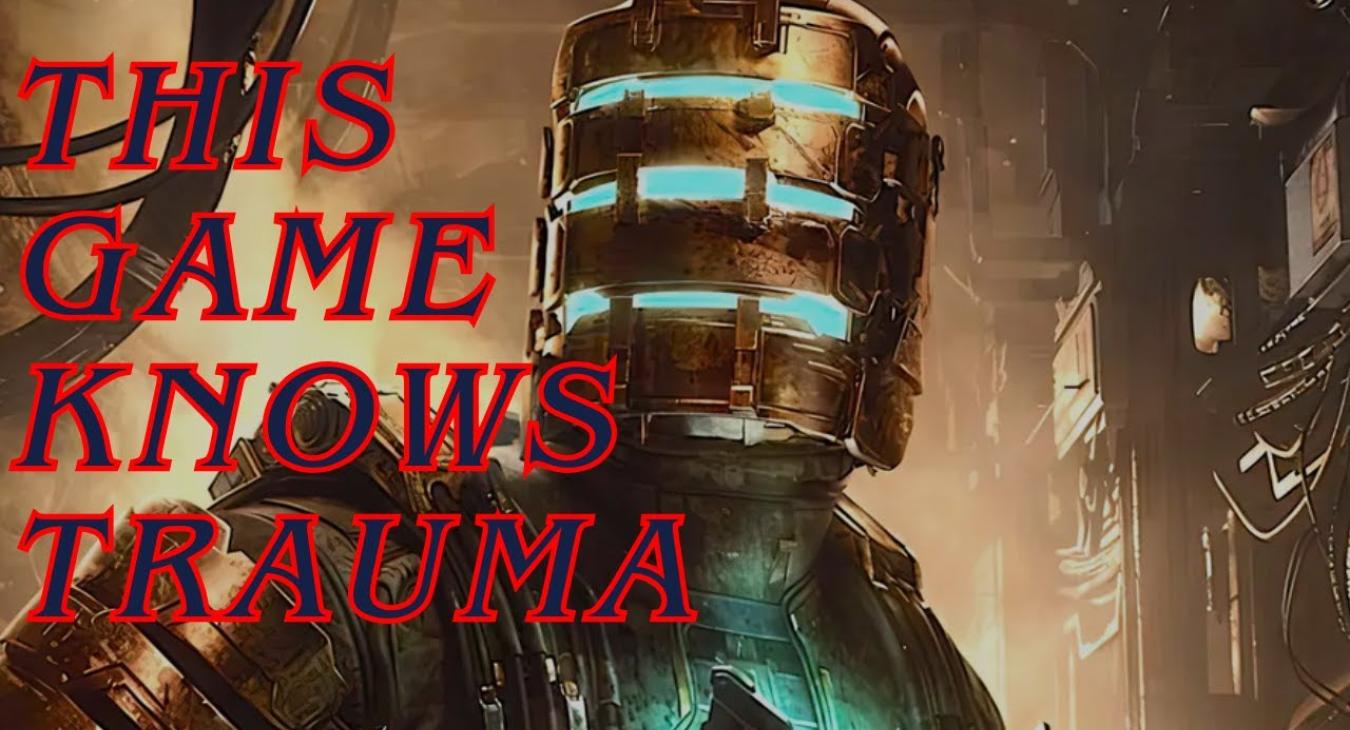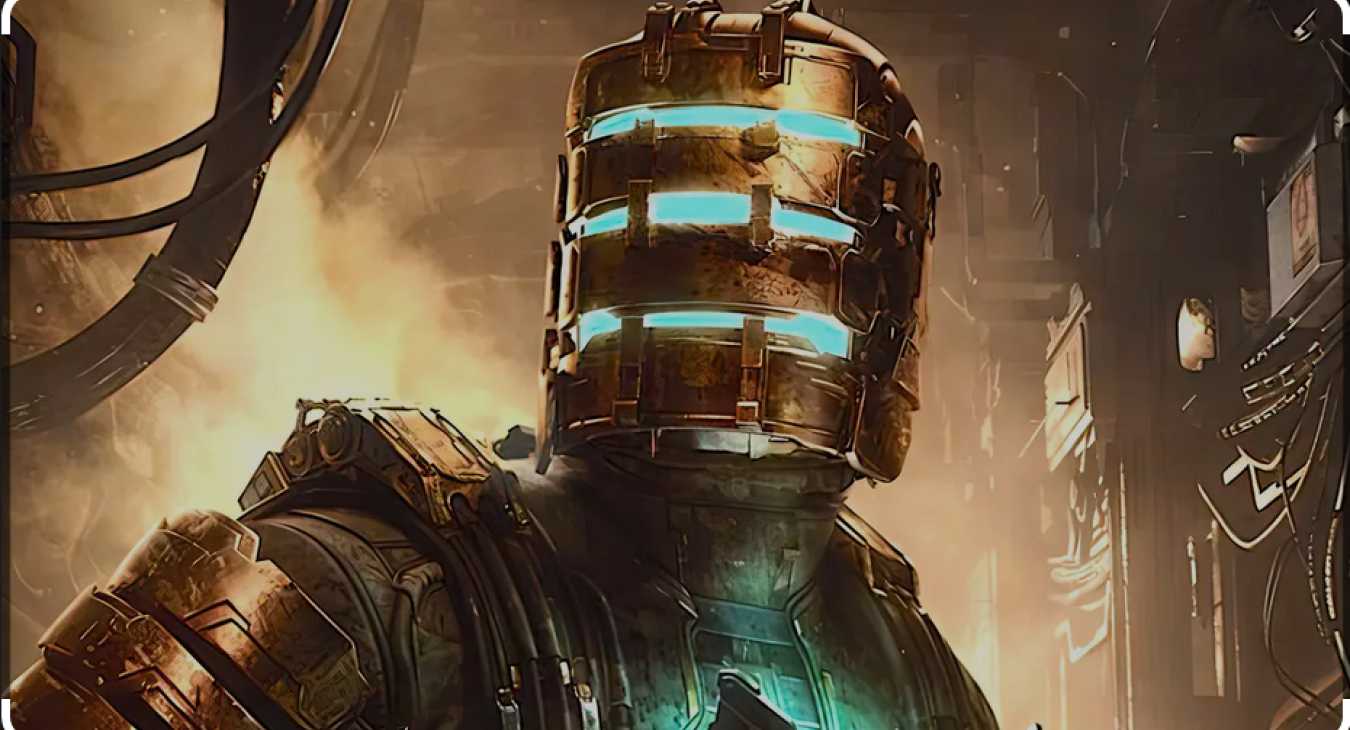For the unconverted, the horror genre is often seen as nothing more than jump scares and violent imagery. While that’s not untrue, we horror fans know there’s more to it than meets the eye. Horror literature and film often wrestle with deep questions, about the human condition, the meaning of life, social injustice, and the supernatural.
But there’s one theme that many people don’t expect horror to explore: mental health. And yet, it does, often more honestly and powerfully than you'd think.
Take The Babadook, for example, a film that portrays a mother’s struggle with depression in a painfully raw way.
Horror video games are no different. Titles like Resident Evil might seem like zombie-killing sprees on the surface, but they're also rich with characters navigating personal trauma and survival.
When it comes to exploring mental health, Dead Space does a fantastic job.
In the game, we take on the role of Isaac Clarke, a 25th-century engineer who boards the USG Ishimura in search of his girlfriend, Nicole, only to find the ship crawling with the monstrous Necromorphs. As we navigate the haunted corridors of the Ishimura, we’re also pulled into Isaac’s psyche. It slowly becomes clear that the ship isn’t the only thing full of creeping horrors.
Here are some powerful lessons Dead Space offers about life and mental health:
Isolation and Loneliness
These are things most of us experience at some point. Isaac is completely alone, surrounded by a deafening silence making the terrors around him feel even more overwhelming. Even the few humans he meets along the way can't be trusted. The influence of the Unitology cult is everywhere, and Isaac never knows who’s friend or foe.
The desolate setting reflects the kind of isolation many people feel in daily life, the kind that deeply affects mental wellbeing. Dead Space highlights the importance of connection, reaching out, and seeking support from others. Whether that’s through friends, community, or online counselling, we all need human contact to stay grounded.
Loss and Grief
Isaac's journey begins with the hope to find Nicole safe and sound. Nicole was working as part of the Ishimura’s medical team. But as the story unfolds, her fate becomes tragically clear. Isaac is consumed by guilt and grief for not being able to save her.
Survivor’s guilt is something many of us experience after a traumatic loss. Dead Space doesn’t shy away from this. Instead, it confronts grief in its most visceral form, allowing players to connect with Isaac’s pain and, perhaps, reflect on our own.
The Fragility of Our Minds
As Isaac battles the Necromorphs, the line between reality and hallucination begins to blur. He’s haunted by visions and tormented by symptoms of psychosis, later developing PTSD and even dementia.
His journey reminds us that good mental health is not a given. Our minds are vulnerable, and we must care for them just as much as we care for our bodies. Recognising when we’re struggling is not a weakness, it’s the first step to getting help.
Facing Personal Demons
In the first game, the Necromorphs are caused by the Marker. But in Dead Space 2, the Marker is reconstructed from the trauma buried in Isaac’s own mind.
This twist transforms the enemies from external threats to something more personal, physical manifestations of Isaac’s grief, guilt, and unresolved trauma.
His fight is no longer just about survival. It becomes about healing.
In this way, Dead Space urges us to acknowledge our own inner demons. Naming them, facing them, and working through them, often with the help of a counsellor or through online counselling, is essential to keep moving forward.
George Papachristodoulou

